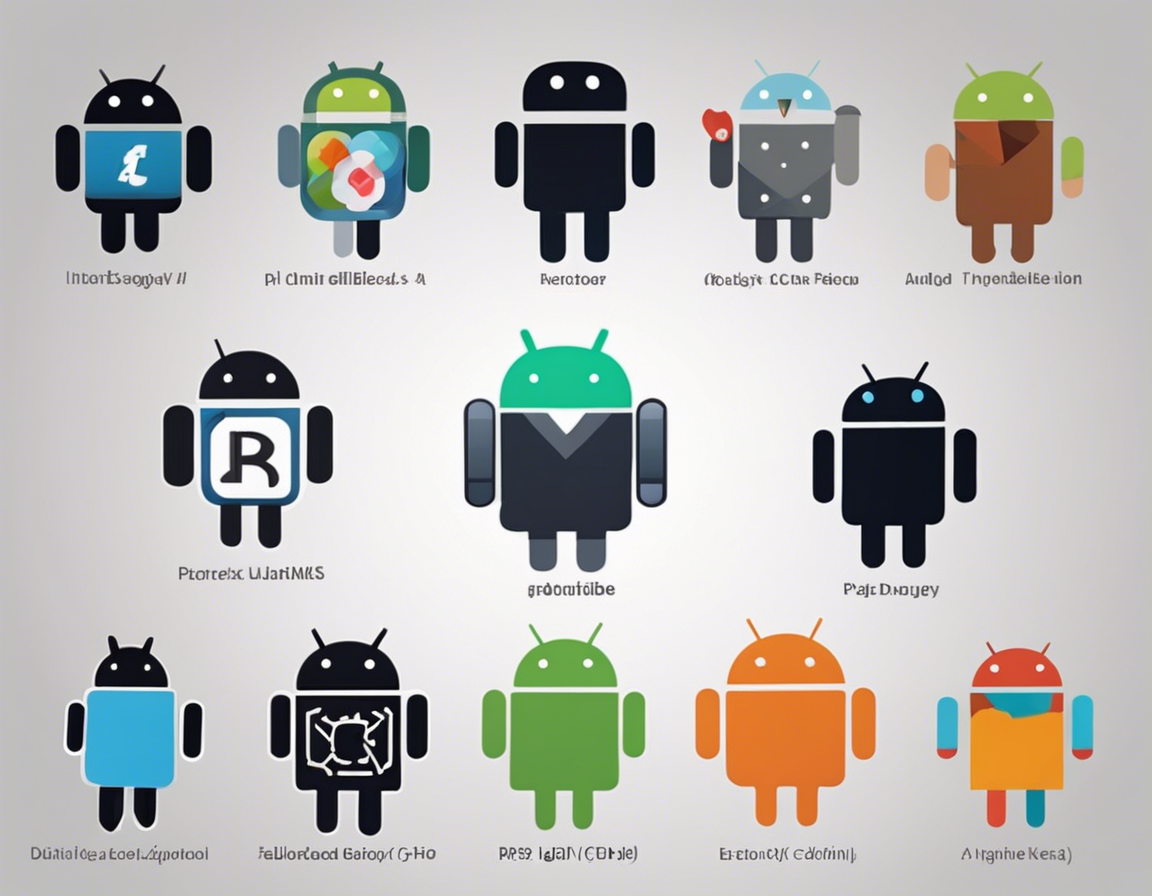As an app developer, you are probably aware of the vast ecosystem of frameworks available for building Android applications. These frameworks provide ready-made solutions for common development tasks, allowing you to focus on building unique and innovative features for your app. In this comprehensive guide, we will explore some of the most popular Android frameworks, their features, and use cases.
Introduction to Android Frameworks
Android frameworks are libraries that provide a set of pre-written code to help developers solve common problems in app development. These frameworks simplify the development process by offering ready-made solutions for tasks such as database management, networking, UI design, and more. By leveraging these frameworks, developers can save time, write cleaner code, and build high-quality apps faster.
Popular Android Frameworks
1. Android Jetpack
Android Jetpack is a set of libraries, tools, and guidance to help developers build high-quality Android apps. Jetpack components are built to work together and provide modern Android development best practices. Some of the key Jetpack libraries include:
– Lifecycle: Manage activity and fragment lifecycles.
– Room: Database library for SQLite.
– ViewModel: Store and manage UI-related data.
– LiveData: Lifecycle-aware observable data holder.
2. Retrofit
Retrofit is a type-safe HTTP client for Android and Java. It makes it easy to consume RESTful web services by translating API calls into Java interfaces. Retrofit handles network requests asynchronously and supports various types of data serialization.
3. Glide
Glide is a fast and efficient open-source media management and image loading framework for Android. It supports fetching, decoding, and displaying video stills, images, and animated GIFs.
4. Butter Knife
Butter Knife is a view binding library that reduces boilerplate code when working with views. It binds Android views and callbacks using annotations, eliminating the need for findViewById calls in your code.
5. Firebase
Firebase is a comprehensive app development platform provided by Google. It offers a wide range of tools and services, including Firebase Authentication, Realtime Database, Cloud Messaging, and more. Firebase simplifies backend development, authentication, and data storage for Android apps.
Choosing the Right Framework
Selecting the right framework for your Android project depends on several factors, including the project requirements, your expertise, and community support. Consider the following when choosing a framework:
– Functionality: Does the framework offer the features you need?
– Performance: Is the framework optimized for performance?
– Community Support: Are there active community forums and resources available?
– Compatibility: Does the framework integrate well with other tools and libraries you are using?
– Learning Curve: How easy is it to learn and implement the framework?
Frequently Asked Questions (FAQs)
1. What are the benefits of using Android frameworks?
Using Android frameworks can speed up development, improve code quality, provide ready-made solutions for common tasks, and simplify maintenance and updates.
2. Are Android frameworks free to use?
Most Android frameworks are open-source and free to use in both personal and commercial projects. However, always check the licensing terms of each framework before using it.
3. Can I use multiple frameworks in the same Android project?
Yes, you can use multiple frameworks in the same project as long as they do not conflict with each other. However, be mindful of the dependencies and potential issues that may arise.
4. How do I stay updated on new Android frameworks?
To stay informed about new Android frameworks and updates, follow developer communities, blogs, and official Android documentation. Attend conferences, webinars, and workshops for the latest insights.
5. What should I consider before adopting a new Android framework?
Before adopting a new framework, consider factors such as project requirements, learning curve, community support, compatibility with existing tools, and long-term maintenance implications.
In conclusion, Android frameworks play a crucial role in modern app development by simplifying common tasks, improving code quality, and speeding up the development process. By understanding the features and use cases of popular frameworks, developers can make informed decisions when selecting tools for their Android projects. Stay updated on new frameworks, experiment with different options, and choose the right framework that aligns with your project goals and development style.
